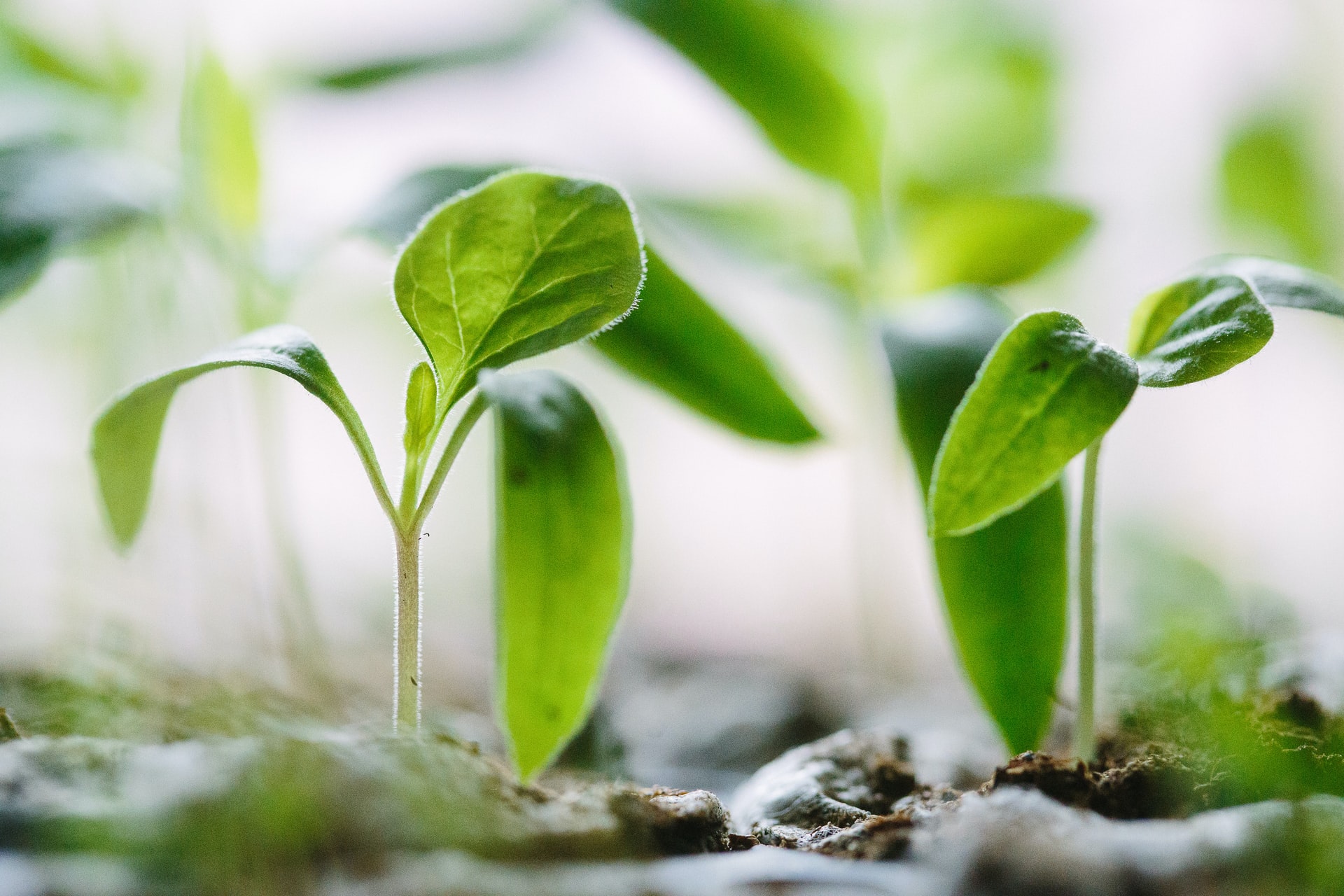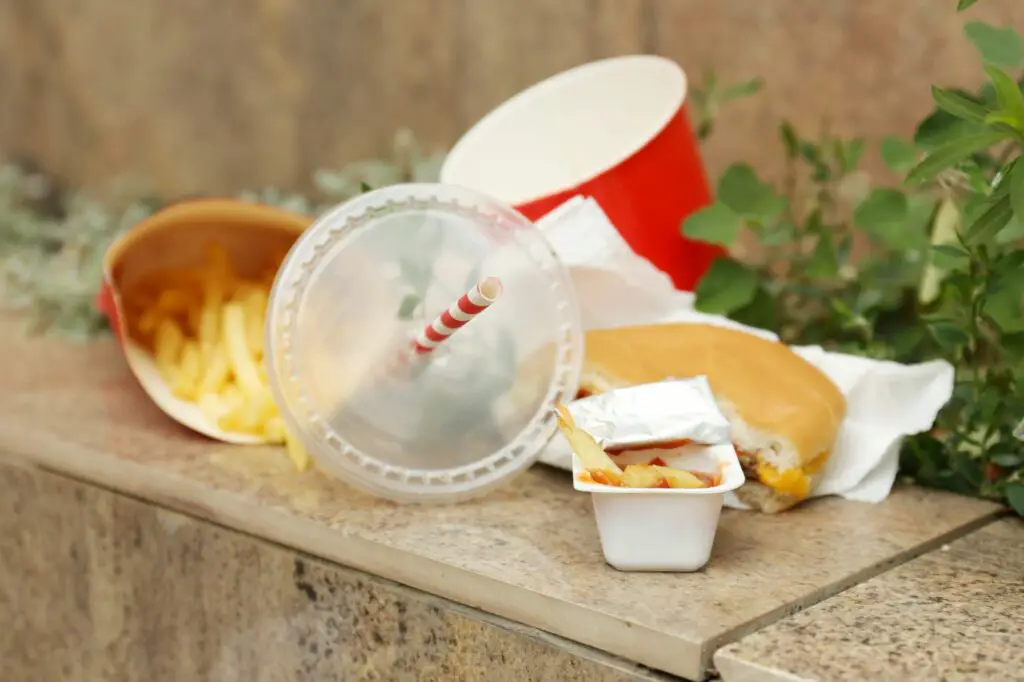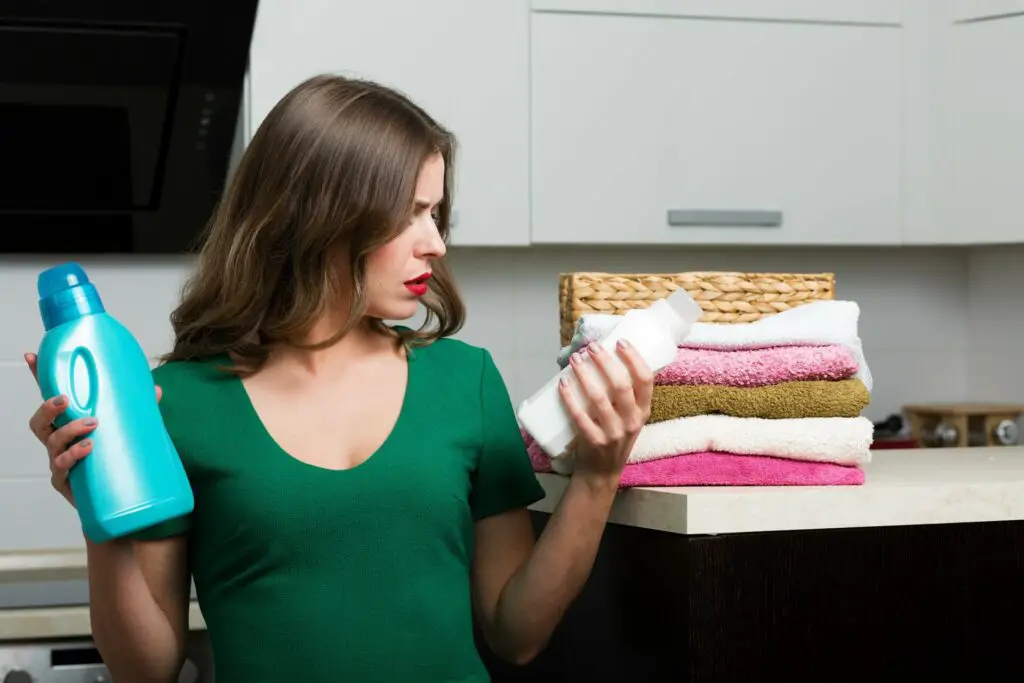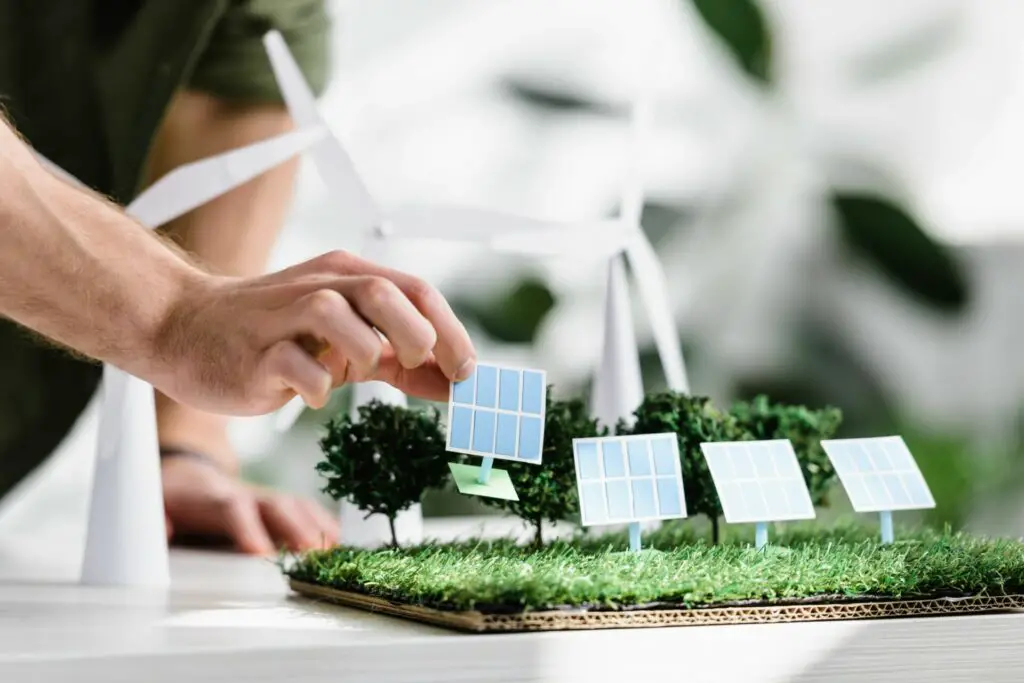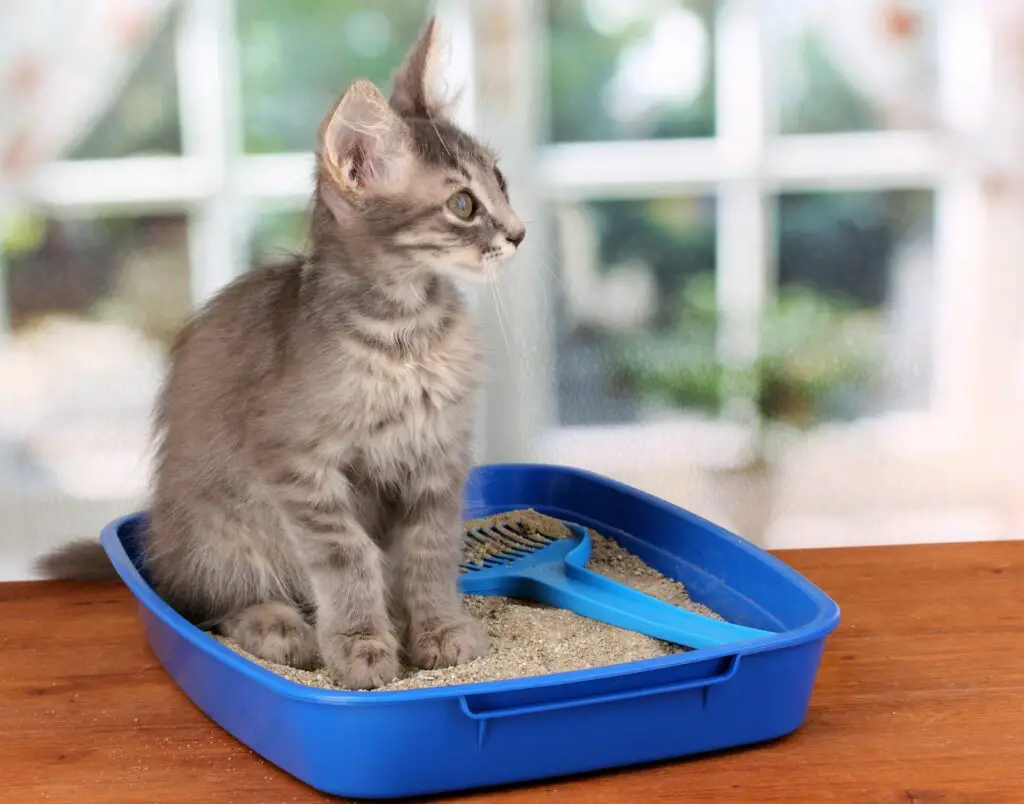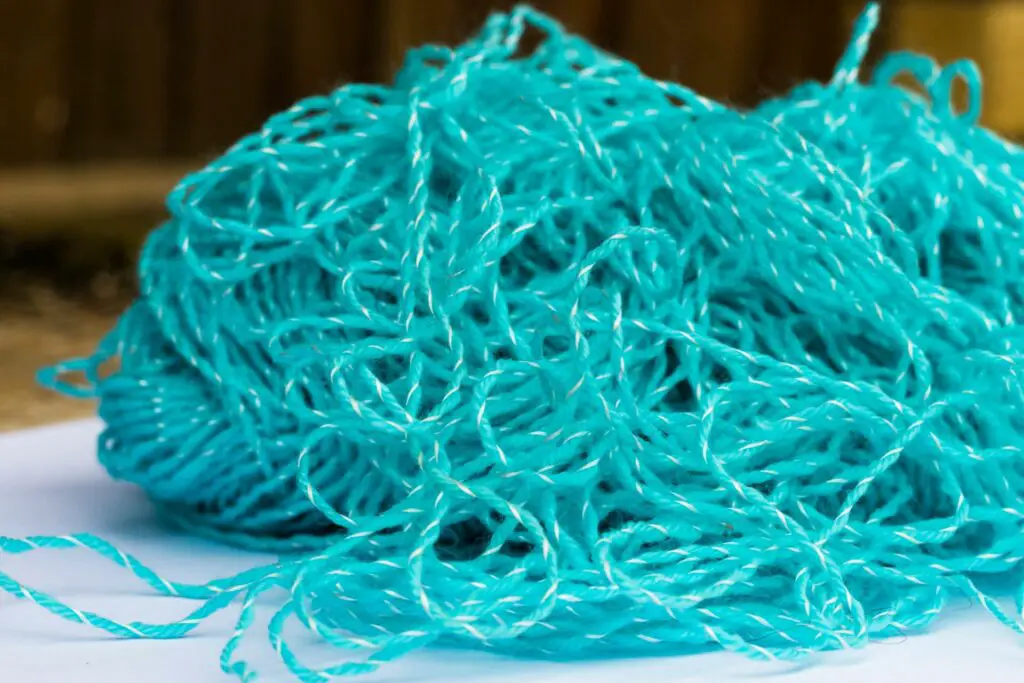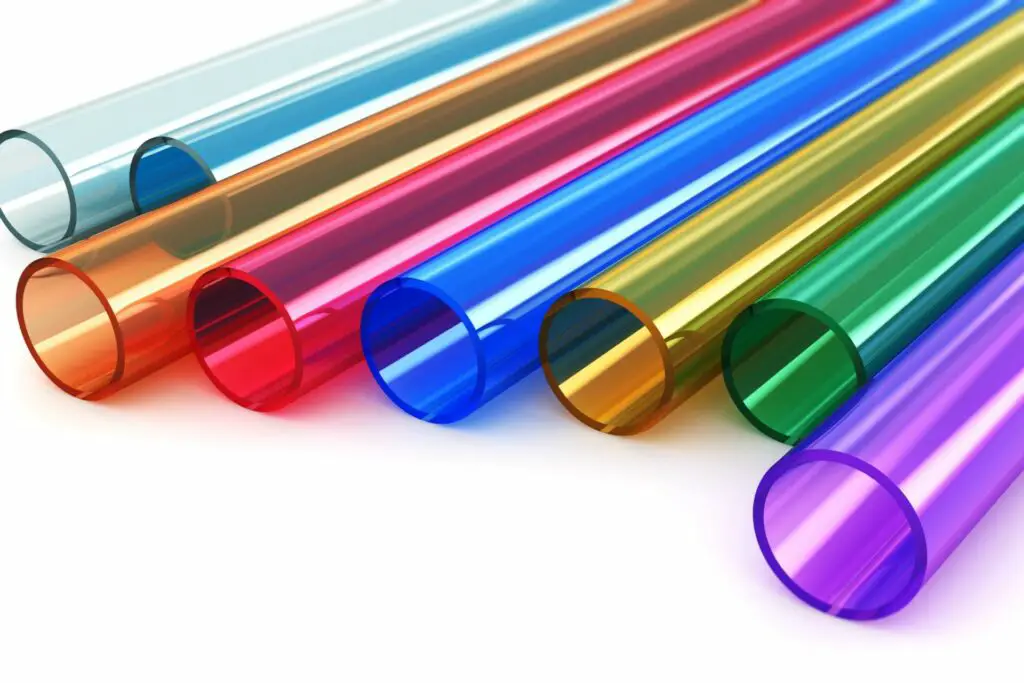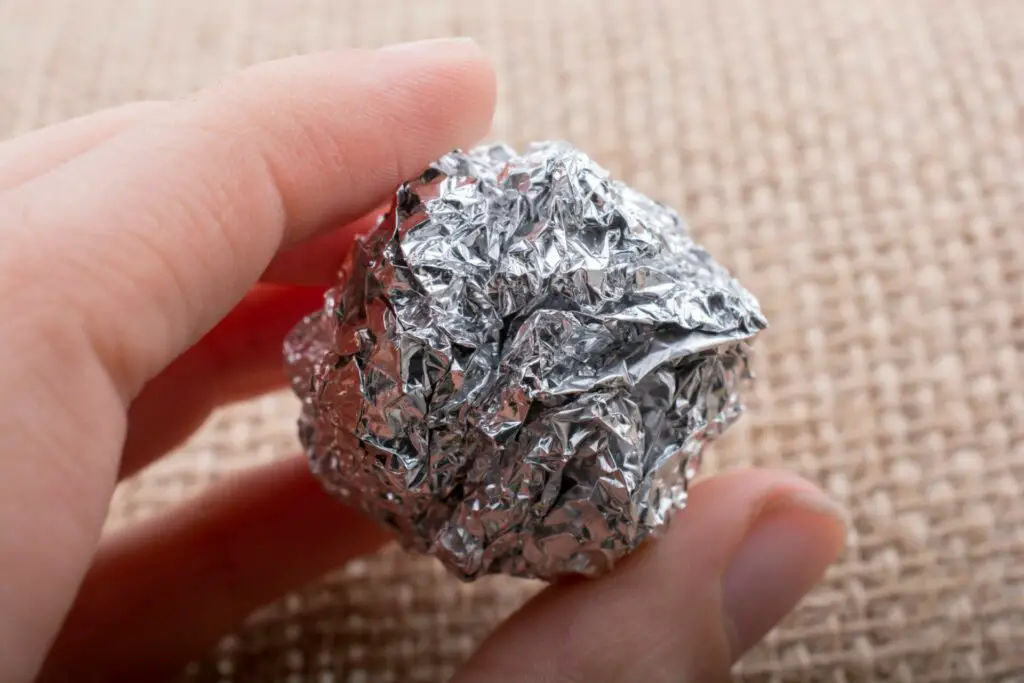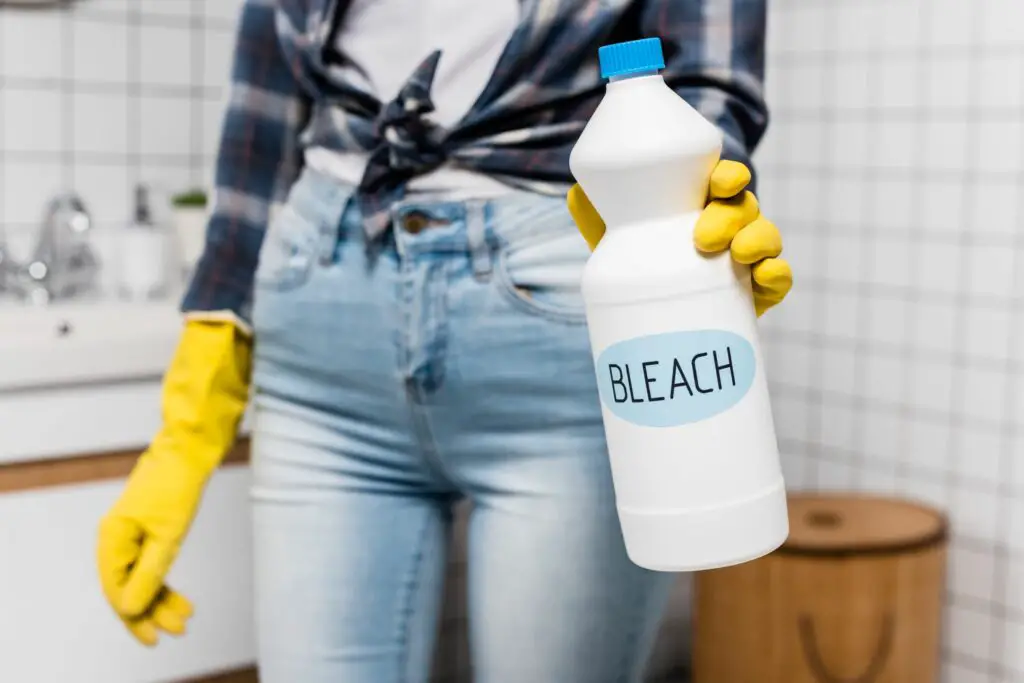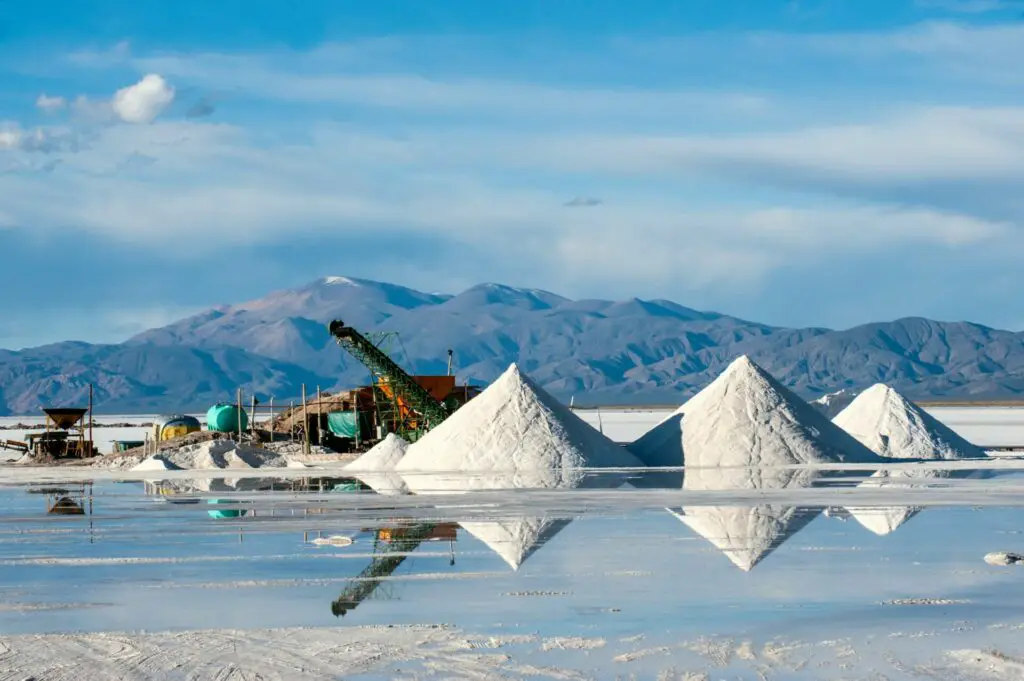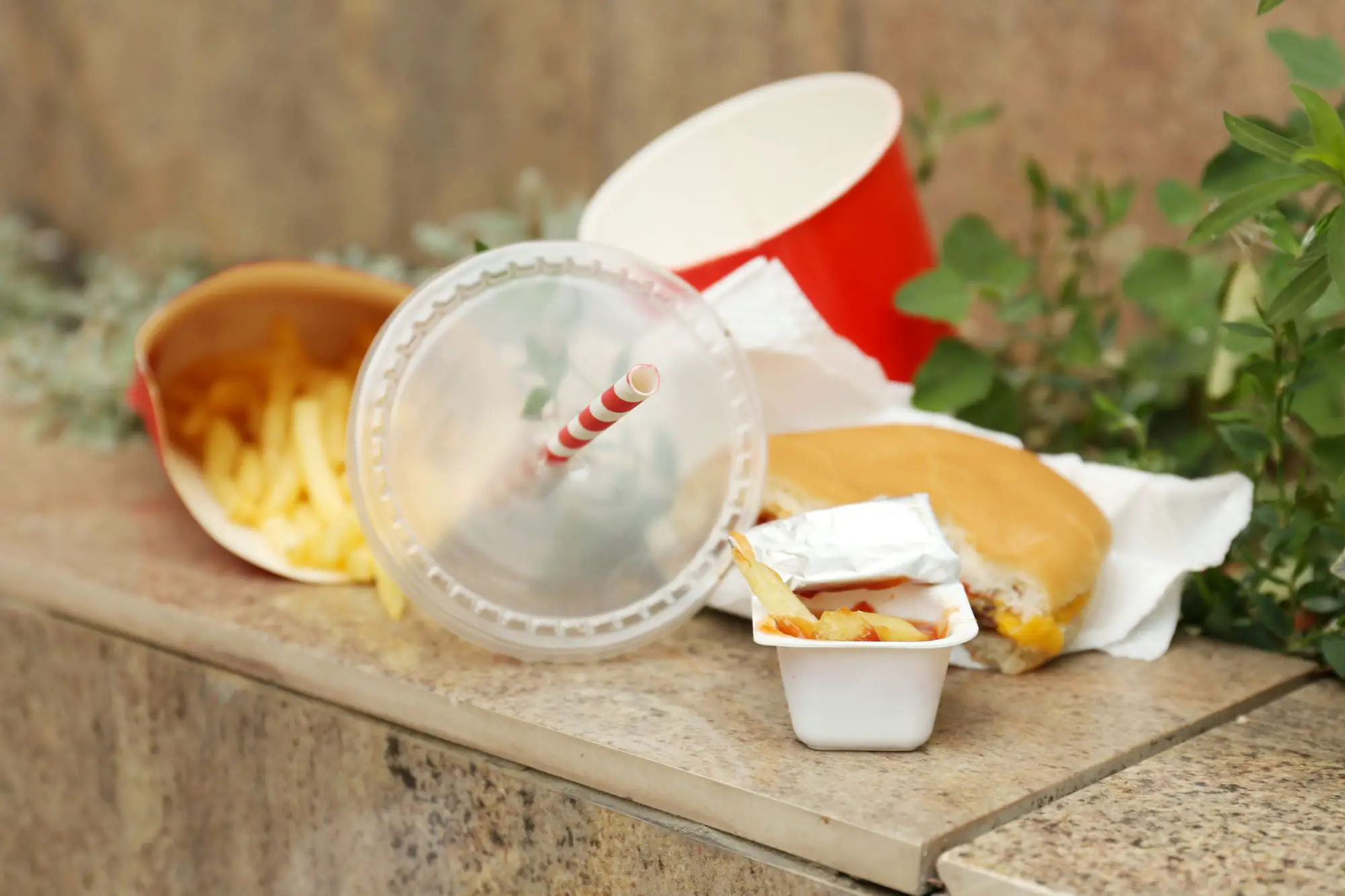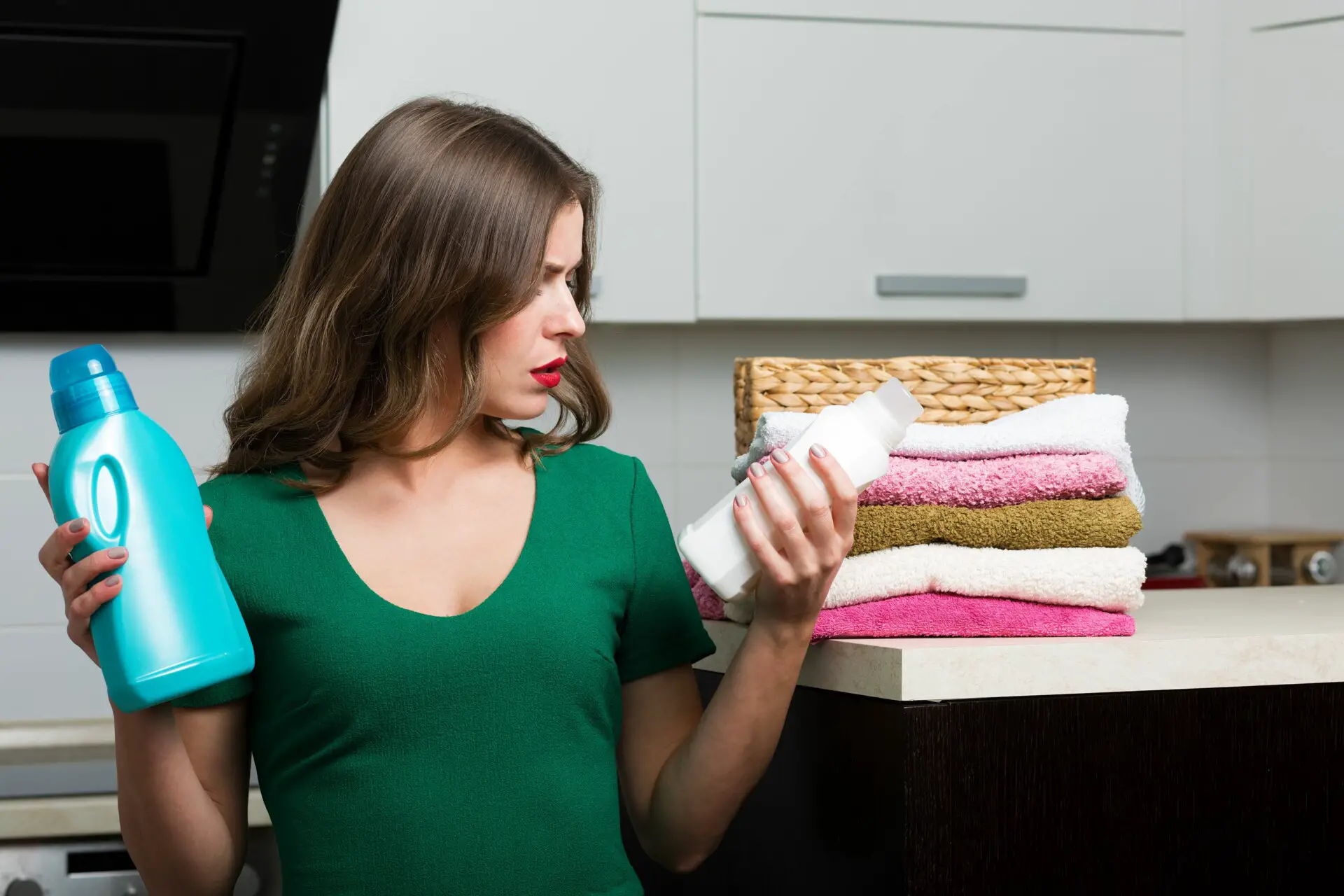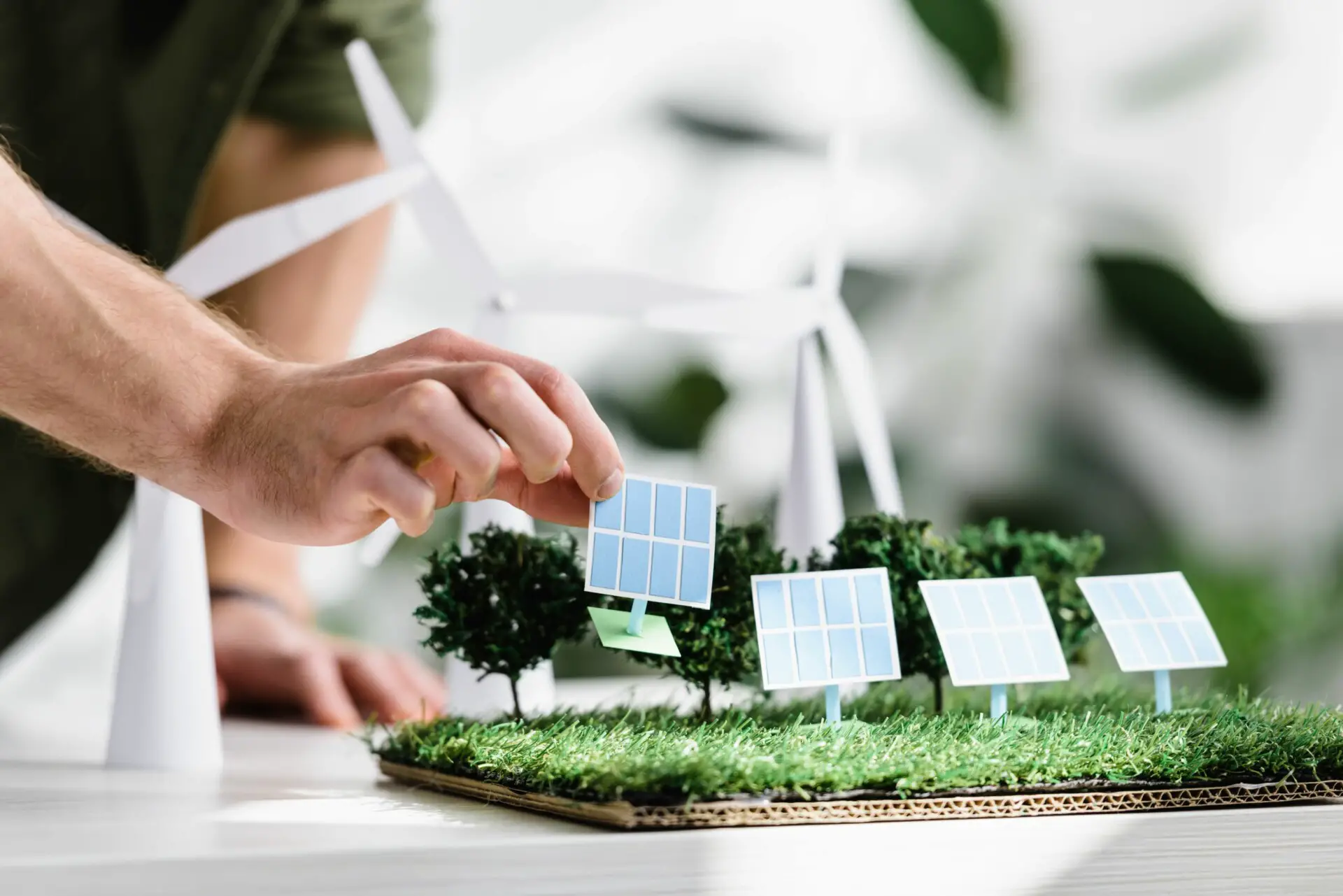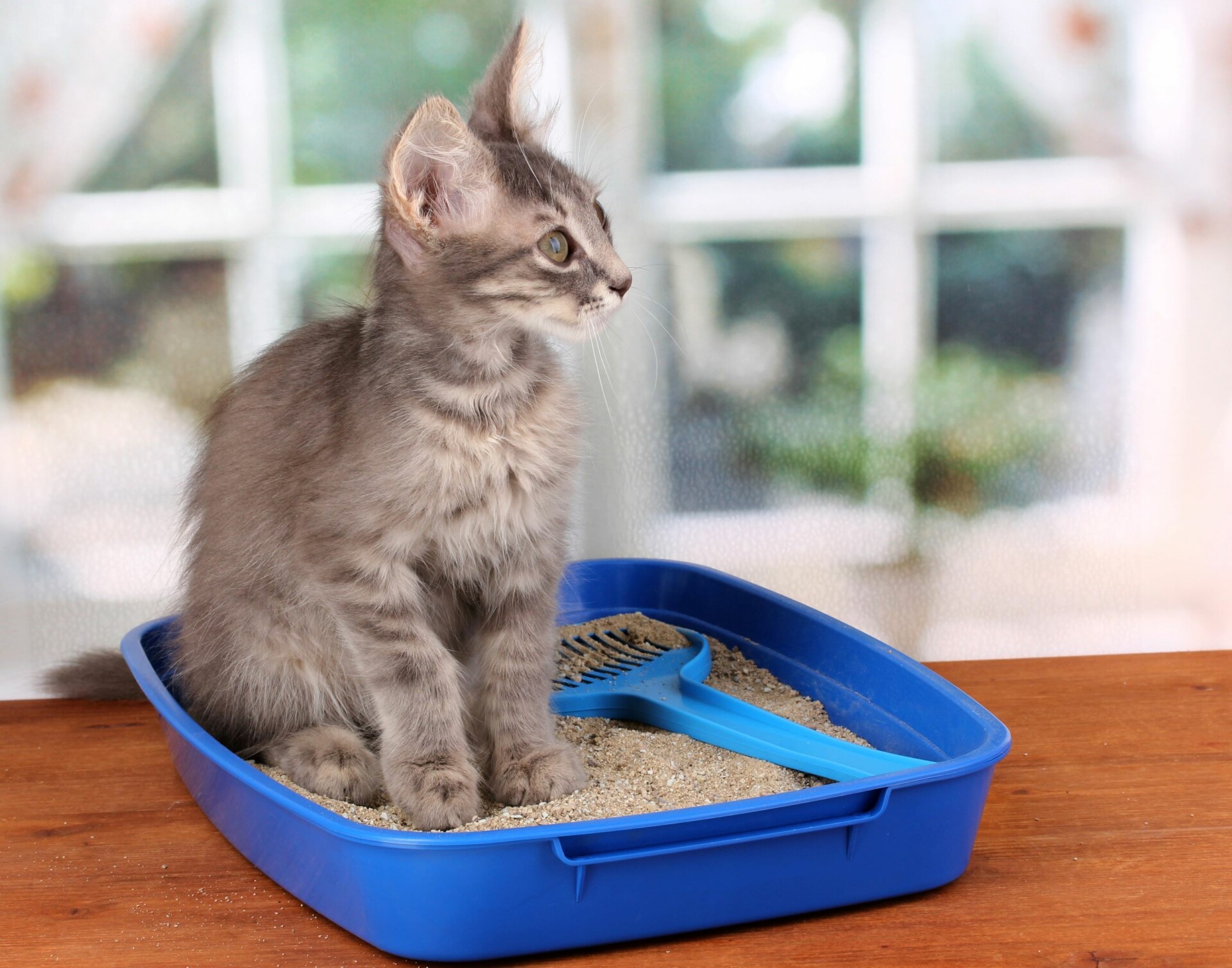If you live in an apartment or don’t have the space to create a full-sized garden in your yard, you may be looking for different options for container gardening.
One option that you have for container gardening is grow bags, which can be more affordable and take up less space than other options such as raised garden beds.
But are grow bags an eco-friendly choice when it comes to gardening?
Whether or not grow bags are eco-friendly just depends on what they’re made of. This can also determine how the grow bag is disposed of and how long it lasts.
In this article, we’ll explain everything you need to know about the eco-friendliness of grow bags and why some might be better than others.
1. What Are Grow Bags Made Of?
Grow bags are intended to be an alternative to other types of plant containers.
Pots can be too heavy to move, and raised garden beds can’t be moved at all or take up too much space.
Grow bags usually have handles to make them easier to pick up but are made from a lightweight fabric so that they aren’t as heavy.
Since they’re intended to hold plants, the fabric used to make them needs to be durable enough to withstand water damage and unable to be penetrated by the roots of the plants growing inside of the bag.
Because of those factors, most grow bags are made from polypropylene. Polypropylene is a type of plastic, but most grow bags tend to have a felt-like texture instead of a plastic-like texture.
Having a felt-like texture allows the grow bag to not retain water because felt is a non-woven fabric that is breathable and allows water to drain out of it.
This is essential for plant growth, as retaining water can cause the roots of the plant to rot.
Even though most grow bags are made from polypropylene, there are some that are made from natural materials such as hemp fabric.
But, any fabric that is used to make grow bags needs to be durable and allow water to drain away as well, and the problem with plant-based materials is that they can biodegrade over time.
Sometimes hemp fabric grow bags are blended with recycled plastic in order to give them similar qualities to polypropylene and prevent some of the biodegradation that might occur.
2. Are Grow Bags Eco-Friendly?
Grow bags are eco-friendly in the sense that they can be reused for many years. However, they are not the most eco-friendly if they are made from polypropylene.
Since polypropylene is a type of plastic, that means that it comes from crude oil, a non-renewable resource.
Crude oil has to be collected and then refined, both of which have the potential to cause pollution through potential oil spills or manufacturing processes.
However, if grow bags are made from natural fibers instead of plastic fibers, they are more eco-friendly. This is because natural fibers are renewable.
It’s possible that grow bags can be made out of recycled polypropylene as well, which is more eco-friendly because it reduces the need to create more polypropylene from raw materials.
If you want to be the most eco-friendly, look for grow bags that are made from plant-based materials or at least partially recycled materials.
3. Are Grow Bags Recyclable?
Polypropylene is one of the easiest plastics to recycle, and polypropylene fabric is recyclable as well.
With that being said, grow bags should be recyclable, however, you may have to check with your local recycling program or facility first just to make sure.
If you do recycle grow bags, make sure that you thoroughly clean them out first.
Organic matter such as soil and plant waste can contaminate the recycling stream, so make sure any soil or plant residue is removed before sending the grow bag to recycling.
4. Are Grow Bags Sustainable?
Grow bags are sustainable if you consider that they can be used more than one time and can be recycled.
However, they are not sustainable from a raw materials standpoint since the crude oil used to make polypropylene and other types of plastic will eventually run out.
That’s why it’s important to buy grow bags made partially from plant-based and recycled materials, to reduce the amount of new plastic that has to be used.
5. Are Grow Bags Biodegradable?
Whether or not grow bags are biodegradable just depends on what they are made of.
Polypropylene grow bags are not biodegradable, but grow bags made solely from natural fabrics such as hemp are.
In fact, some grow bags can even be planted in the ground so that they decompose over time.
Although grow bags made from natural fabrics such as hemp are more sustainable, they also aren’t as durable because they can start to weaken or decompose as the plant is in them due to water and sunlight.
And although they are biodegradable, they can’t be reused as much as polypropylene grow bags can.
That’s why fabric grow bags are often mixed with recycled plastic so that they can be used more.
However, grow bags made with plastic are not biodegradable, so if you decide to purchase them, you have to decide which is more important to you- biodegradability or durability.
6. Are Grow Bags Compostable?
As with biodegradability, polypropylene grow bags are not compostable, but grow bags made solely from natural fabrics are.
If something is not biodegradable, it can’t be composted either. Follow the guidelines above when deciding whether you can compost grow bags.
But even if the grow bags themselves aren’t compostable, the plant material inside them is.
7. Are Grow Bags Toxic?
Since grow bags are designed for growing food that we eat, whether or not they are toxic is a valid question.
Grow bags are usually food-safe, and polypropylene itself is one of the safer types of plastic in terms of toxicity.
This is because in addition to being used for grow bags, polypropylene is used in a lot of food containers and it is BPA-free.
BPA is one of the most toxic chemicals found in plastics and it is toxic to both humans and the environment.
Polypropylene is also used to make felt-like fabrics because it is less flammable than the wool that is typically used to make felt.
8. Do Grow Bags Leach Chemicals?
Even though grow bags are food-safe and non-toxic, the polypropylene used to make them is still made with chemicals.
Although Polypropylene is widely considered to be one of the safest types of plastic (unlike PVC for example), there is always the potential for plastics to leach chemicals into the environment, which is one reason why they are not biodegradable.
But any chemicals that grow bags leach shouldn’t cause harm to the plants or any significant harm to the environment.
9. Are Grow Bags Reusable?
Most grow bags are reusable up to a certain extent, but it just depends on what they are made of.
Polypropylene fabric grow bags can be used for several growing seasons, provided that you take care of them and clean them out after each use.
Biodegradable grow bags may not be as reusable as polypropylene grow bags, because the bags may start to decompose as the plant is growing in them.
10. How Long Do Grow Bags Last?
Most polypropylene grow bags can last at least five growing seasons, but possibly longer if they are well taken care of.
Biodegradable grow bags likely won’t last as long, but even plastics can wear down over time so polypropylene grow bags won’t last forever either.
11. Are Grow Bags Better Than Plastic Pots?
Grow bags and plastic pots are both made out of the same materials, usually polypropylene. The difference is that pots are usually made out of rigid plastic instead of fabric.
But some plastic pots can be made out of other types of plastic as well.
Plastic pots can be used indefinitely as long as they are taken care of. However, they can be harder to move than grow bags depending on their size since they don’t have handles on them.
Plastic pots also typically have drainage holes in the bottom for water to drain out of.
But since grow bags don’t hold as much water as pots do, you may have to water the plants more frequently than you would if the plants were in pots.
2 Eco-Friendly Alternatives to Grow Bags
We’ve already touched on this a little, but if you’re looking for the most eco-friendly grow bags, you have two options.
1. Natural Fabric Grow Bags
There are some grow bags out there that are not made from polypropylene fabric. Instead, they are made from natural fabrics such as hemp or canvas.
The natural fabric may or may not be blended with plastic in order to give it more durability, but even if they are made with some plastic, it’s better than being made out of plastic by itself.
Sometimes, the plastic used to make these grow bags is recycled as well, but if there is no plastic at all used to make the grow bags, then be aware that they may biodegrade over time.
2. Recycled Plastic Grow Bags
If you can find grow bags made out of recycled plastic, whether it be polypropylene or another type of plastic, they will be more eco-friendly than traditional grow bags.
Even grow bags made out of recycled plastic won’t biodegrade, but they will still be durable enough to last for several growing seasons.
Conclusion
Grow bags are a great way to save space when container gardening, but unfortunately, not all grow bags are as eco-friendly as they could be.
Being made of plastic definitely makes the grow bags more durable and reusable. However, plastic is still a non-renewable resource even if the grow bags are made from one of the safer types of plastic.
Despite this, grow bags are convenient, so if you feel like they suit your needs, then try to look for eco-friendly grow bags that are made of as much natural or recycled fibers as possible.
Even if you can’t find eco-friendly grow bags, you can be more eco-friendly by using your grow bags for as long as possible, then recycling them when they can no longer be used.
You Might Also Like…
- Is Fast Food Bad for the Environment? (& What You Can Do)
- Is Fabric Softener Bad for the Environment? (+5 Eco-Friendly Options)
- Is Fuel Dumping Bad for the Environment? (& How Often It Happens)
- Is Electricity Generation Bad for the Environment? (What You Should Know)
- Is Dry Cleaning Bad for the Environment? (4 Surprising Facts)
- Is Diamond Mining Bad for the Environment? (Important Facts)
- Is DEET Bad for the Environment? 4 Effects (You Should Know)
- Is Cat Litter Bad for the Environment? (5 Common Questions)
- Is Burning Cardboard Bad for the Environment? (6 Facts)
- Is Burning Paper Bad for the Environment? (6 Surprising Facts)
- Is Burning Leaves Bad for the Environment? (7 Quick Facts)
- 4 Natural Cleaners for Quartz Countertops
- 6 Eco-Friendly Acrylic Paint Brands (For Sustainable Artists)
- 5 Eco-friendly Alternatives to Acrylic Paint (& How to Make Them)
- Is Acrylic Paint Bad for the Environment? (7 Quick Facts)
- Is Acrylic Yarn Bad for the Environment? 8 Crucial Facts
- Is Acrylic Bad for the Environment? (8 Quick Facts)
- Is Aluminum Foil Bad for the Environment? 7 Quick Facts
- Is Bleach Bad for the Environment? 6 Crucial Facts
- Is Lithium Mining Bad for the Environment? 6 Crucial Facts

